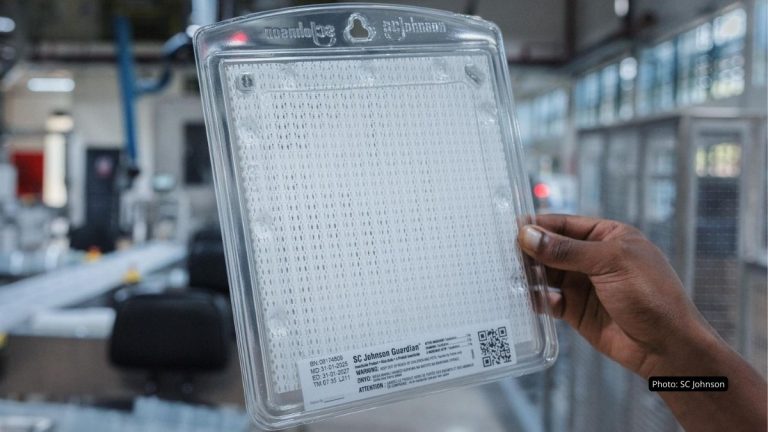The World Health Organization (WHO) has officially recommended spatial repellents as a new way to fight diseases like malaria. This is a big step forward after more than 10 years of work by the company SC Johnson.
Malaria kills over 600,000 people every year. Spatial repellents are a new tool that release chemicals to keep mosquitoes away from an area. This reduces mosquito bites and lowers the risk of getting sick. They are easy to use, affordable, and last a long time. For the first time in 25 years, WHO has added this kind of product to its approved malaria prevention tools.
SC Johnson developed and supplies spatial repellents like Guardian and Mosquito Shield, which are now officially recognized by WHO. These products are given to communities at no profit. They are already helping protect people in vulnerable areas through partnerships with organizations like The MENTOR Initiative, Society for Family Health Rwanda, and United to Beat Malaria.
SC Johnson’s CEO, Fisk Johnson, said this achievement took over 10 years and more than \$100 million in investment. The company has worked hard to fight diseases that affect millions of people, and this is just the beginning of their efforts.
Along with WHO’s recommendation, Guardian and Mosquito Shield are now listed as safe, effective, and high-quality products. This means governments and health groups around the world can start using them more widely.
Studies in Indonesia, Peru, and Kenya showed that spatial repellents can lower the risk of disease by up to 33%. The Guardian product can protect for up to one year.
Earlier this year, SC Johnson opened two new production lines in Nairobi, Kenya, which can make 20 million products each year. Another factory in Argentina will open next year, doubling the number of people who can be protected.
Richard Allan, the head of The MENTOR Initiative, said these products are a major breakthrough. He said they fit well with how people actually live and could make a big difference.
Since 2013, SC Johnson has reached over 110 million people through health programs, education, and repellents. Now, with WHO’s support, they hope to help millions more.


